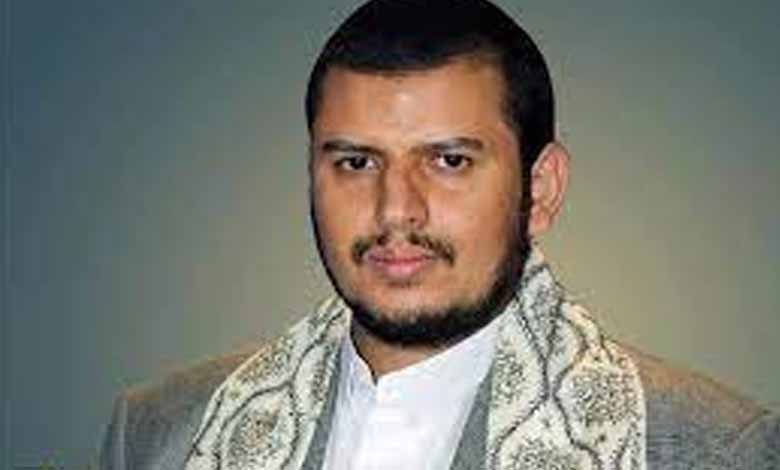Abdul-Malik al-Houthi… ”preacher of terrorism”, unveils more radical face

The first six days of Ramadan documented a huge terrorist archive of Houthi militia leader Abdul-Malik al-Houthi, who removed from his other, more radical face the founder of IS.
And in 6 terrorist recordings of the content of the head of the snake, as the Yemenis know it, every Ramadan evening, the man disclosed more about his terrorist tendency, which has always been the nucleus of extremist organizations such as ISIS, Al Qaeda and the Brotherhood, as he establishes an extremist intellectual structure for his followers, based on the atonement of everyone who does not believe in his vision, and the consideration of All violators are infidels or in Jahiliyya, and it is the same approach that Abdul-Malik Al-Houthi and his older brother, the founder of the group Hussein, called the vision or the Qur’anic identity, which relies on interpreting Qur’anic verses according to a perspective that undermines coexistence and legitimizes the bloodshed of the Yemeni opponents, claiming that they are infidels, according to experts.
Salah al-Haidari, the Yemeni resistance’s spokesman and editor-in-chief of the 2 News Agency, said that Abdul-Malik al-Houthi’s claim in one of his terrorist sermons is that; The Qur’an is what totally separates us from the subservience of the deviant, the arrogant, the infidel, and the corrupters on earth, and this is what achieves us complete independence, that the leader of the coup is thereby setting a standard of coexistence with the world based on estrangement and hostility towards non-Muslims.
The leader of the Houthi militia, in his series of takfiri rings, not only criminalized and demonized co-existence with non-Muslims, but also went to the Takfir of Yemenis, allegedly refusing to accept him and his militias and submitting to their extremist sectarian culture by claiming that this is a disbelief in the Holy Qur’an.
According to al-Haidari, the leader of the coup began promoting his takfiri ideology in the name of the Yemenis’ religious identity and imposing a set of restrictions and extremist tendencies in areas controlled by his militias. This extremist approach culminated in the disclosure of his takfiri project and relationship with Yemenis and Muslims and with the world in general.
The leader of the Houthi militia did not spare anyone in his pre-recorded series of episodes of his takfiri campaign, which reached the point where politicians and economists consider them “far from the Koran and linked to infidels, and what comes from them cannot be accepted or accepted.”
He claimed that most of those interested in political affairs are based on ideas far from the Koran, and that those interested in economic affairs are turning away from his verses in a sign of advanced and very dangerous extremism that is breeding the Islamic arena.
Political researcher Abdul Halim Abdul Wahab considers the militia leader’s interpretation of the Holy Koran to be minor interpretations that do not even match the level of a junior scholar in a religious center. He is, however, trying to assume the role of a preacher while drowning even his hair in the pool of blood, which he filled with the blood of thousands of Yemenis over the two decades from the six wars of Saada to the seven-year coup.
The Yemeni expert cited Huthi extremist leader Mohammed al-Bukhaiti, who publicly told social figures in Dhamar province that any support they give to the militia to fight the war would be replaced by the good of the Islamic nation and its capitals.
This perspective is taken from the Houthi leader, he said, and his militias distribute it among his followers and send audio recordings to the front to urge them to continue starting fires.












